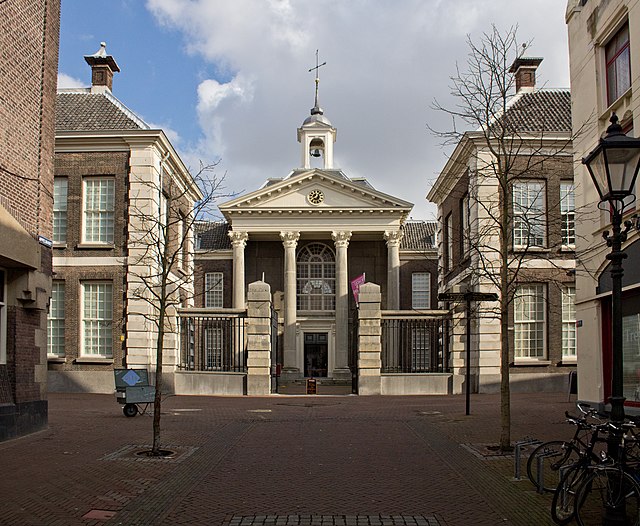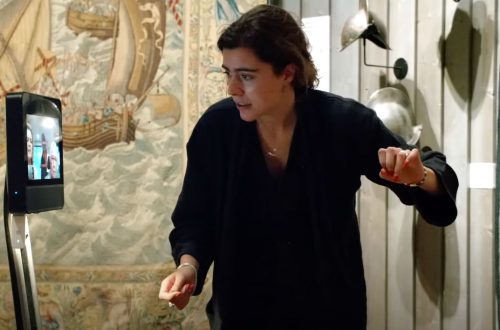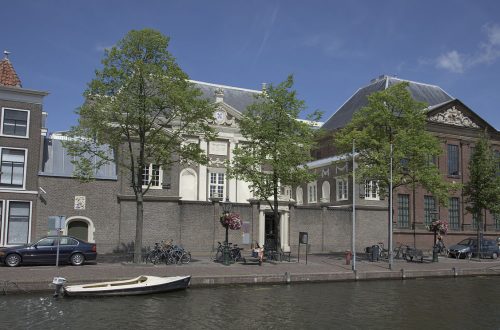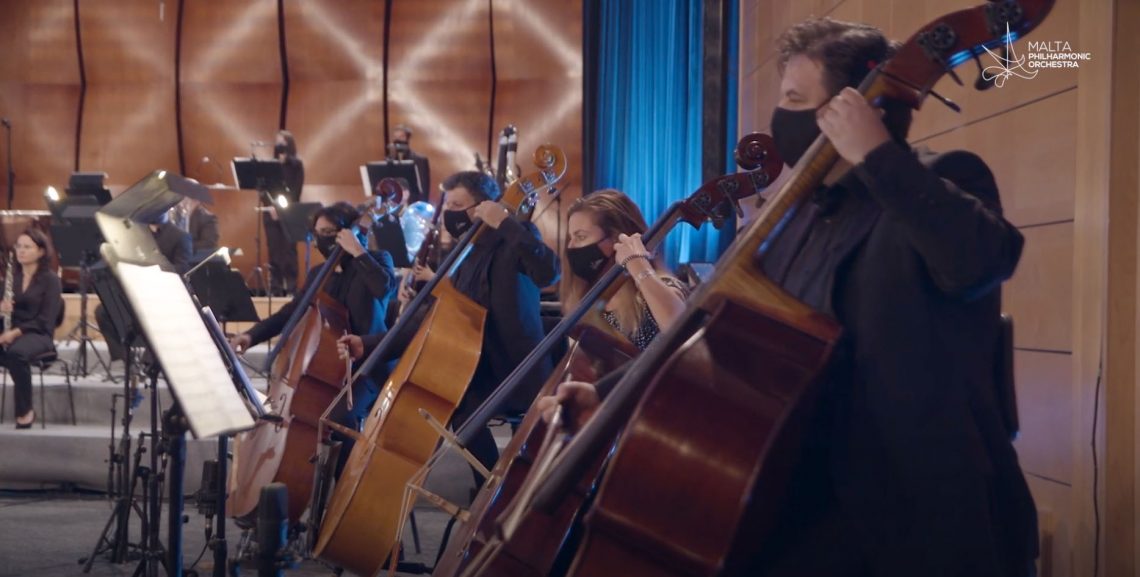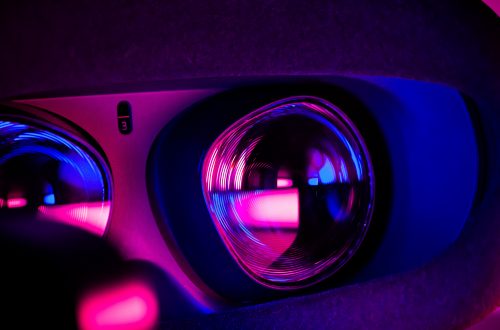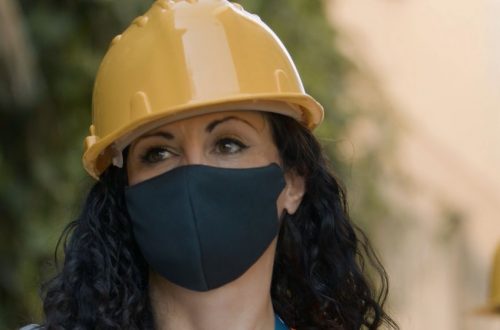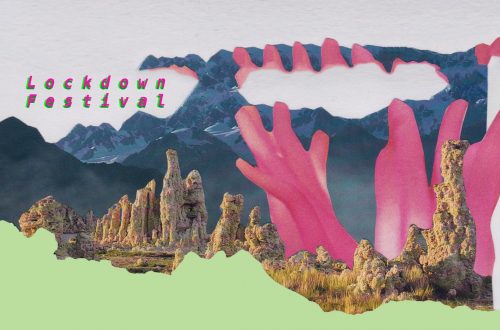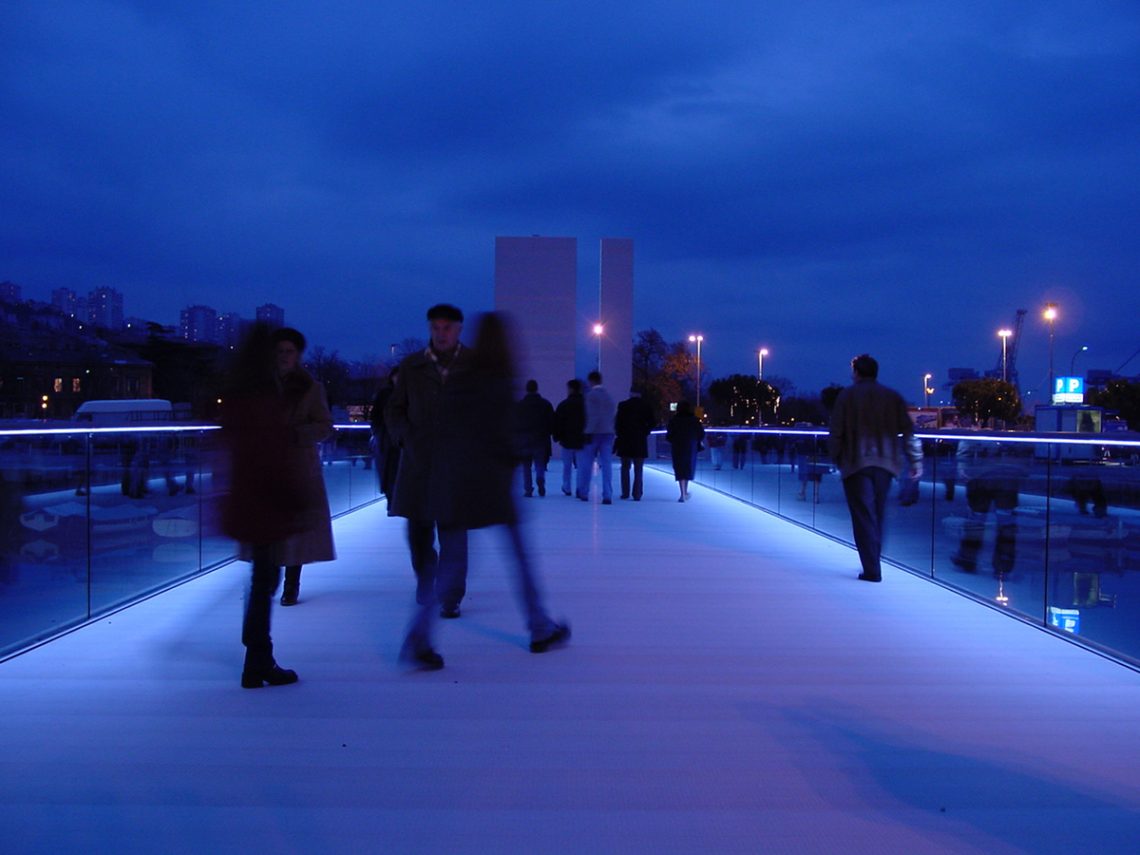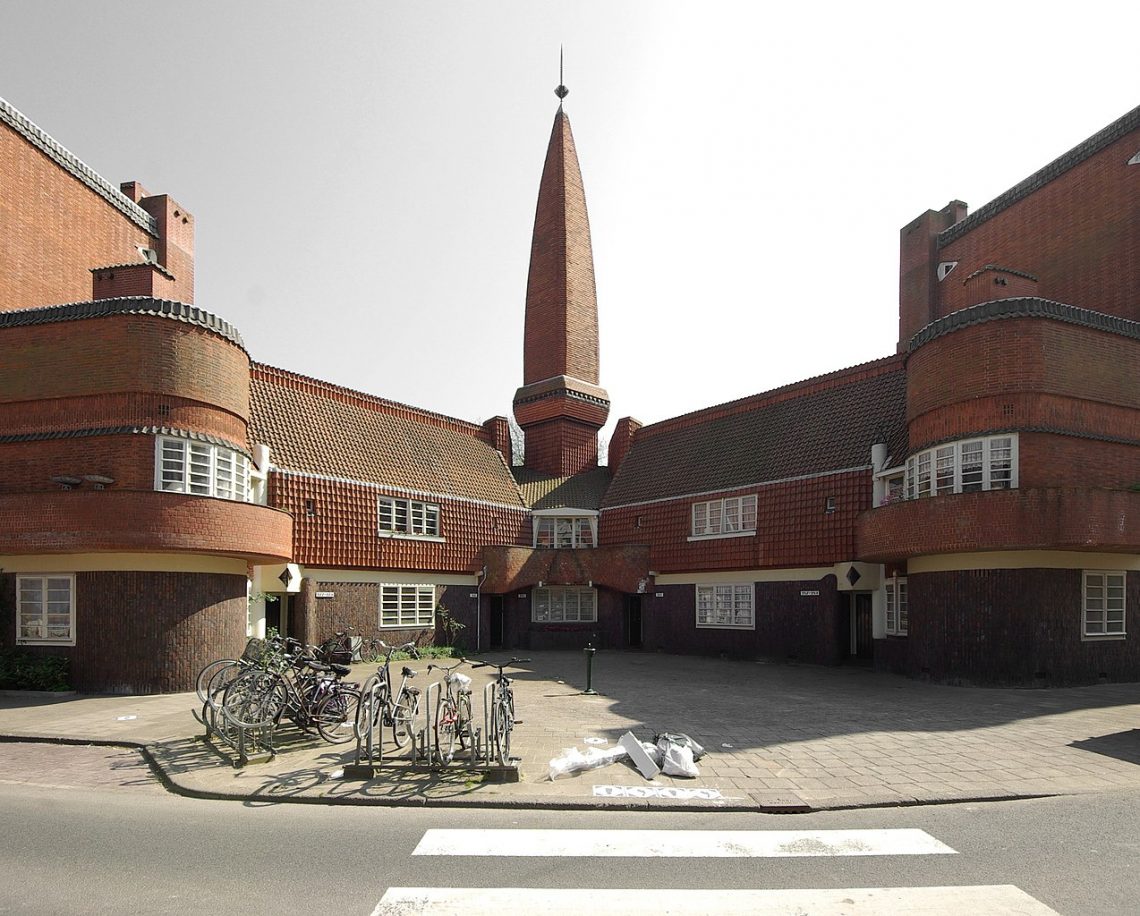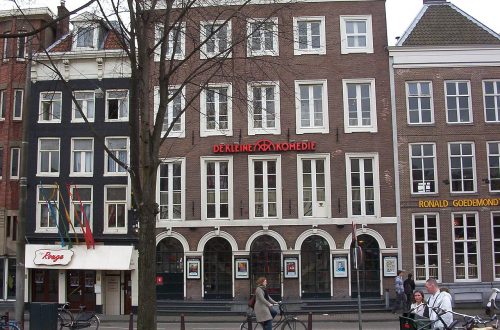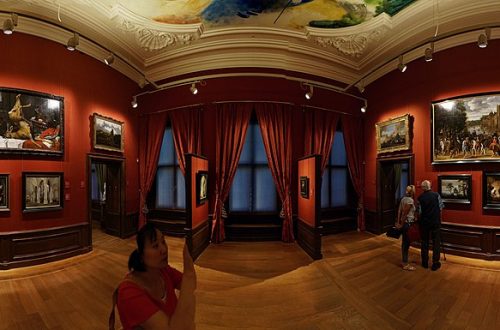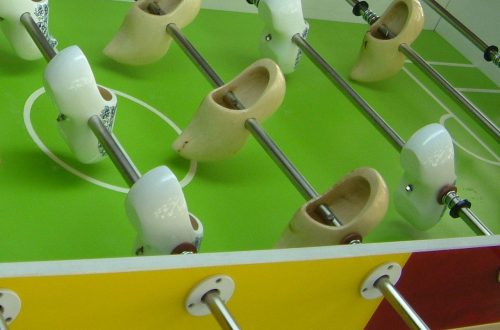-
Comforting the community – Art as solace during the lockdown (Schiedam, the Netherlands)
As the lockdown started in The Netherlands, Stedelijk Museum Schiedam wanted to offer comfort to the inhabitants of the city Schiedam. By commissioning local artists to make their interpretation of comfort into a work of art and making their work into posters and postcards they spread the message of consolation throughout the city. Advertisement space was bought or donated and posters were offered to shops and other businesses to display. Volunteers delivered posters to the inhabitants who wanted them, and soon the city was full of expressions of solace from Schiedam, to Schiedam. Background Stedelijk Museum Schiedam (SMS) was founded in 1899 and is a museum for modern art, history,…
-
Orchestra Resounds: a symphonic digital transformation (Valletta, Malta)
The Malta Philharmonic Orchestra has put in place a whole range of online events in order to cope with the closures of all venues due to the global pandemic. This effort was also supported by the bulking up of their Events and Marketing Team. The pandemic acted as a catalyst for their digitalisation process, bringing remarkable results in enhancing exponentially their audience involvement and engagement on digital platforms. Background The Malta Philharmonic Orchestra was founded in April 1968, under the name of Manoel Theatre Orchestra, regrouping the musicians from the former Commander-in-Chief orchestra of the British Mediterranean Fleet. In September 1997 it stopped being the theater’s resident orchestra, becoming independent…
-
Batman Gżirjan: co-creation in marginalised communities in times of COVID (Gzira, Malta)
Batman Gżirjan was a co-created and community-focused artistic and research project, carried out by the artist Kristina Borg. The setting of the process was the maritime town of Gzira, in Malta. The main aim of the project was to raise awareness within the community of their relation with the heritage surrounding them (and their urban environment in general), through creative means, tackling their memories as well as the current perspective of two groups of local participants. The research workshops evolved in a final co-created performance. The pandemic posed many challenges to the research and performative side of the project. Background The project is curated and directed by a local artist…
-
Covid REMIX: Toronto Public Library and friends remix wartime posters for the pandemic (Toronto, Canada)
In the depths of Covid lockdown, the Toronto Public Library provoked the public with a creative challenge: to pick a WWII propaganda poster from its online collection, and adapt it for Covidtimes. This simple, cheap, low-tech initiative proved a perfect vehicle for people’s pent-up desire to create, share, and contribute, especially during those unusual times. Many submissions were created and shared, boosting awareness and appreciation of the library’s collections. By welcoming the public’s creativity, humour, and imagination, the library showed itself to be responsive, relevant, and fun. Background The Toronto Public Library is one of the world’s busiest urban public library systems, with 100 branches across the city, 10.5 million…
-
Local focus boosting local pride (Rijeka, Croatia)
When the audience and the points of interest both turned from international to local in The Legacy of Rijeka tour, the Kvarner tourist guide association has experienced positive effects. First of all, the local audience, with their additional knowledge of local, personal, and hidden stories has had a very positive impact on the formal knowledge base of the tour guides which has improved the quality and liveliness of their tours. Furthermore, because most art projects in the tour had become projects in which locals and local artists had participated, the tour has boosted a feeling of local pride. Background The Kvarner Tourist Guide Association was founded in 1998. The association…
-
Whatever’s possible – A growing museum against the odds (Amsterdam, The Netherlands)
In order to combat the cultural exclusion the lockdown created, Museum Het Schipcame up with a highly intimate way of keeping their public close to them. After two years of hard work, the just-opened exhibition ‘Bruno Taut – Beyond Fantasy’ could only be visited for six days before the museum had to close its doors. Instead of moving their exhibition online they offered guided digital tours for one or two people at the time, keeping up with their tradition of dialogue while presenting what the museum had to offer. Though small, the museum proved to house creative and involved staff members who did everything they could with what they had,…
